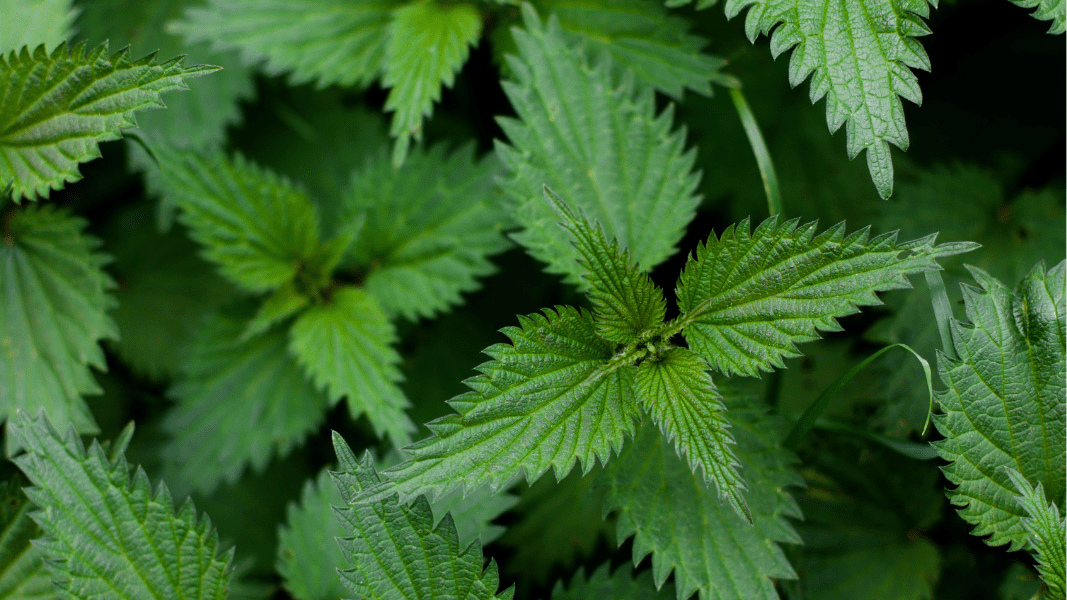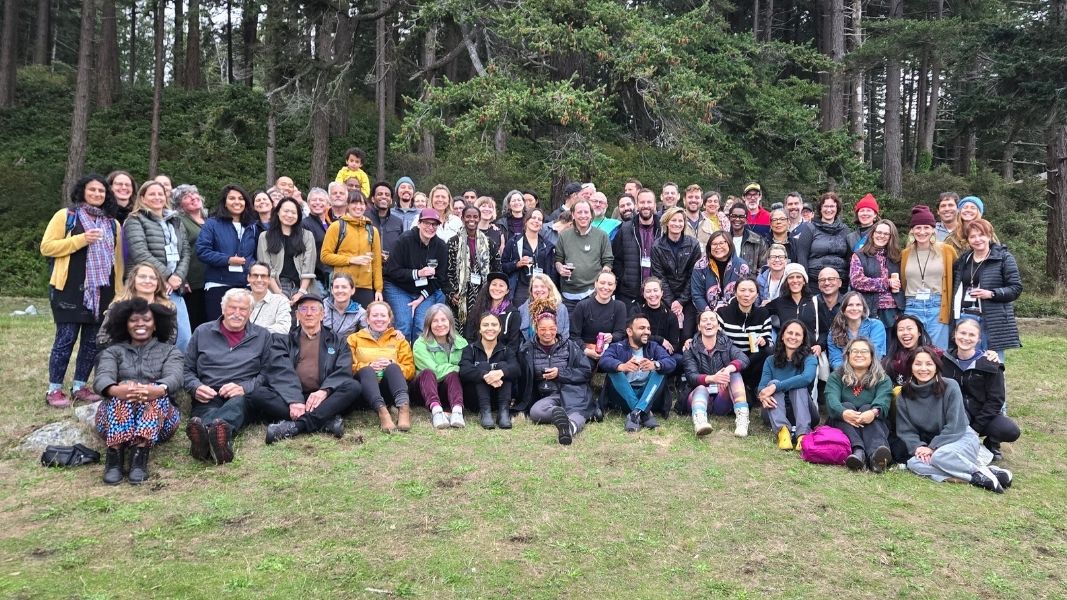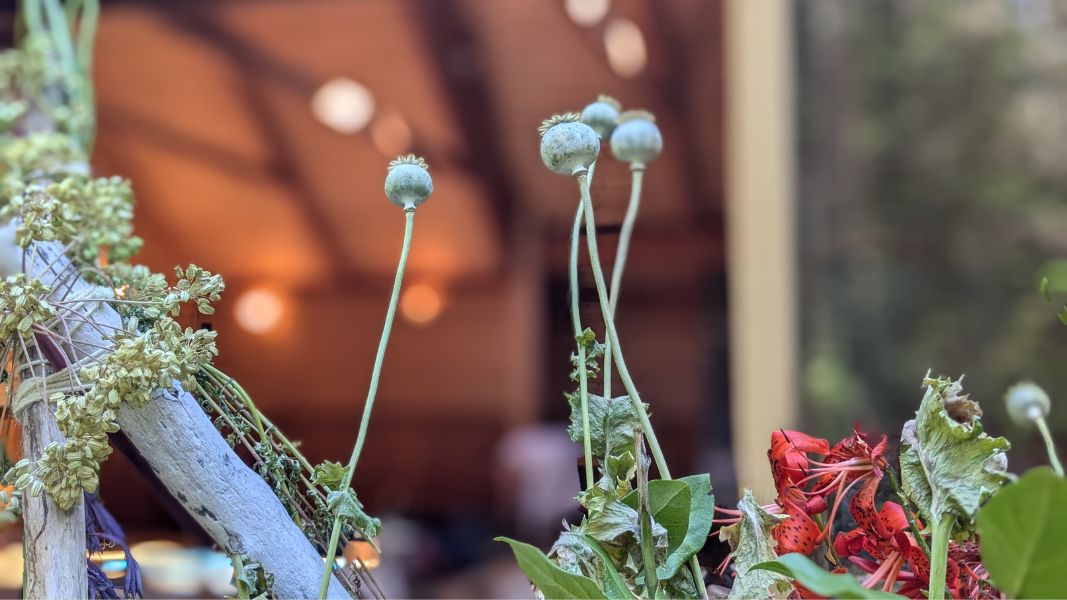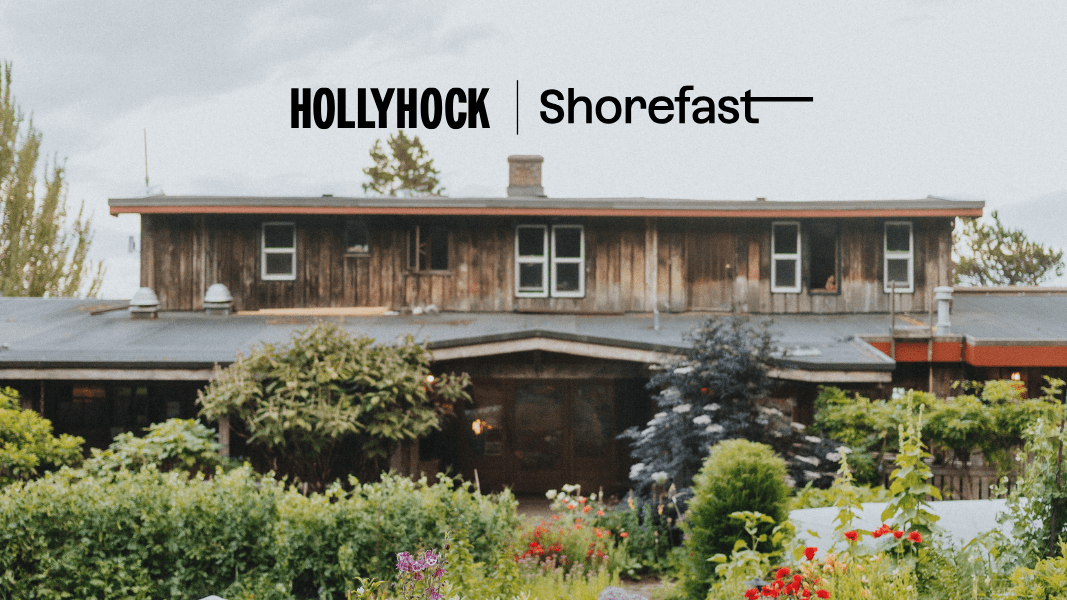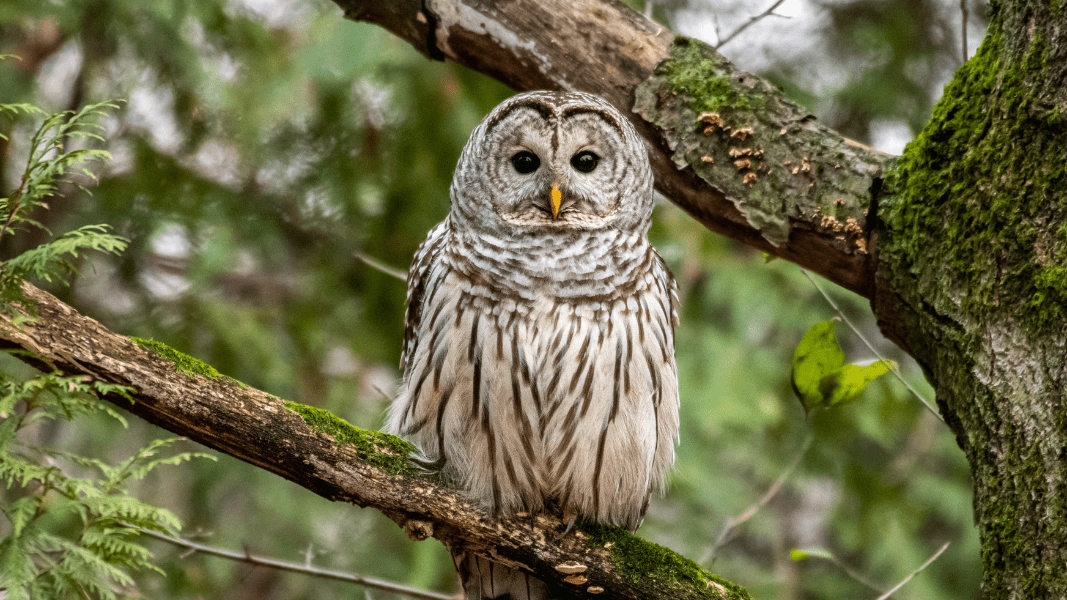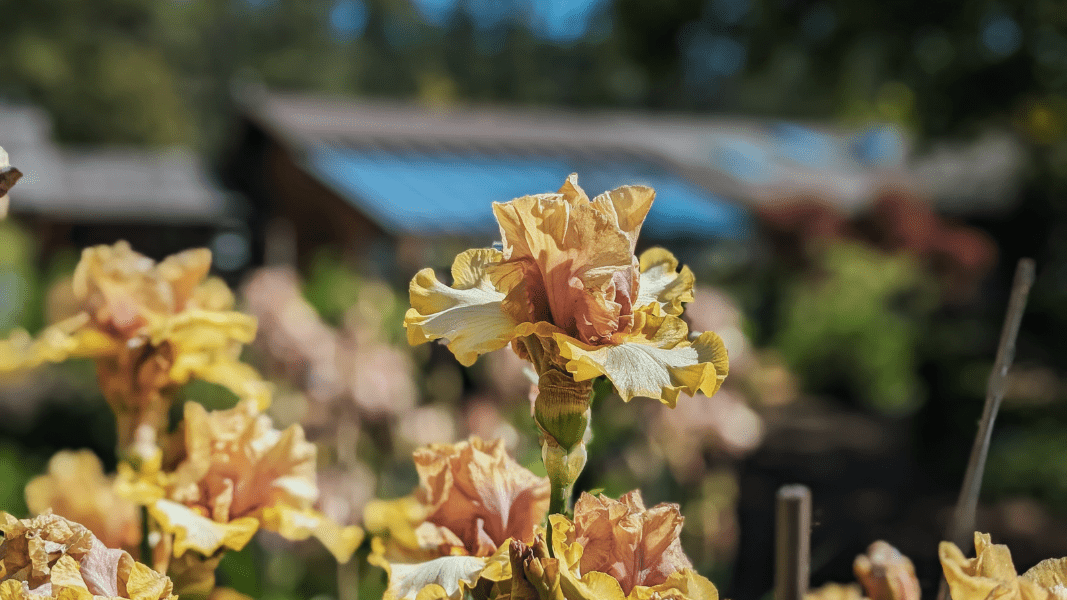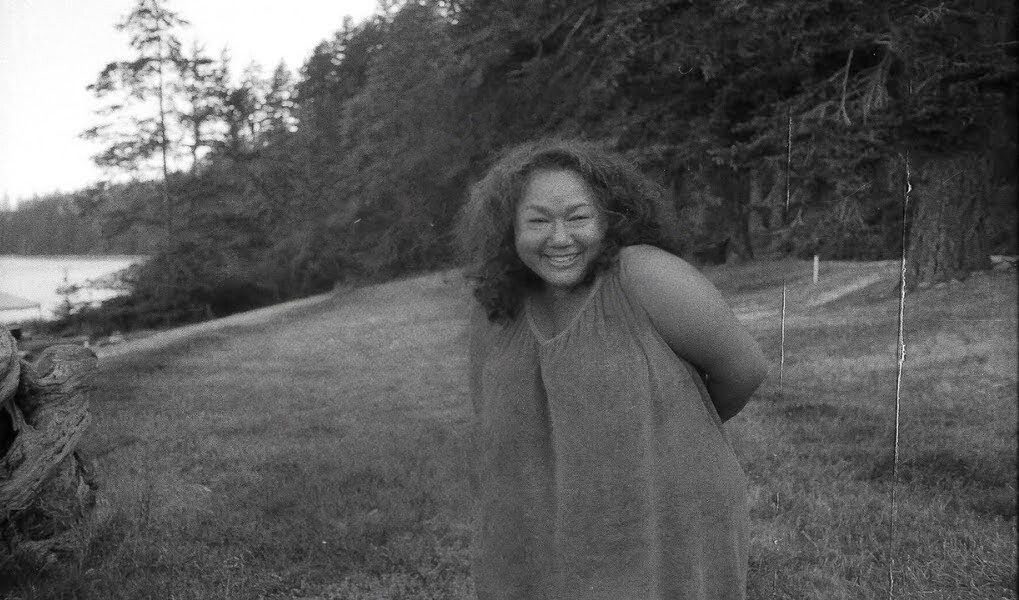In Yin Yoga, easeful poses are held for about 2-5 minutes. The long slow holds – and more importantly, the slow, mindful transitions between poses – helps make the practice one of nurturing rather than harm. As a slow, simple, meditative practice, yin helps us learn to respond instead of to react. This helps us stand in our courage, which is not the absence of fear, but the ability to feel afraid without being paralyzed. The intense sensations that come up in our bodies during our yoga practices allow us to sit in physical discomfort, without trying to fix it, change it, or push it away. This provides the perfect training ground for sitting in our emotional discomfort, and to be courageous in the face of fear.
Yoga helps create balance. In being able to sit with ourselves and not compare our learning to others, we practice the concept of non-violence.
Violence is nuanced and can take on many faces beyond physical action. In talking about race, power, and privilege, there are so many ways that we can get caught up in replicating the unhealthy patterns of white supremacy. When we consider ourselves to be more advanced social justice practitioners (we believe we are “better” at being non-racist, we make judgments about others for where they are at in their process, we hide the places where we fail to meet our ideals), we are acting out white supremacy and creating spaces of violence.
White supremacy holds us to concepts that claim people can be “better” than others, that hierarchy is natural, and that there is an endpoint to growth and understanding. By placing individual over collective, we highlight one of the most damaging tenets of white superiority: power is paramount and using harmful thoughts and actions are the best ways to get us to where we want to be.
Justice and equity work are deep internal processes. Without attending to our own internalized racism and superiority, it is almost impossible to make lasting change. Yoga and the foundation of yoga theory is one system that can provide support in beginning to examine different ways of being.
We get to practice action rather than reaction. Through facing our physical blocks, emotional fears, and limiting assumptions, we can develop deeper empathy. We can start to see that each of us is at a different place in our journey, and we can support forward momentum, rather than persecuting folks for not being as far as we think we are.
The idea of non-violence asks us to examine all the ways in which violent action has been coded into our coping mechanisms. It asks us to investigate the intentions behind that violence, and whether our long term outcomes can really be achieved through the subjugation or physical harm of another. It also gives us time to examine how much harm we do to ourselves when we lead with violence toward another.
Yoga provides the method, and the outcome can be transformation.
Want to give it a try? Enjoy this “Peace & Power” yin yoga sequence
Danielle and Dia will explore yoga and its connection to justice and liberation, yoga theory and practice, anti-racism frameworks, and creative disruption at their Hollyhock program Yin Yoga & Social Justice on September 23-28, 2018.
Discover inspirational videos, insightful articles, and delicious recipes from our presenters, staff, and community.




